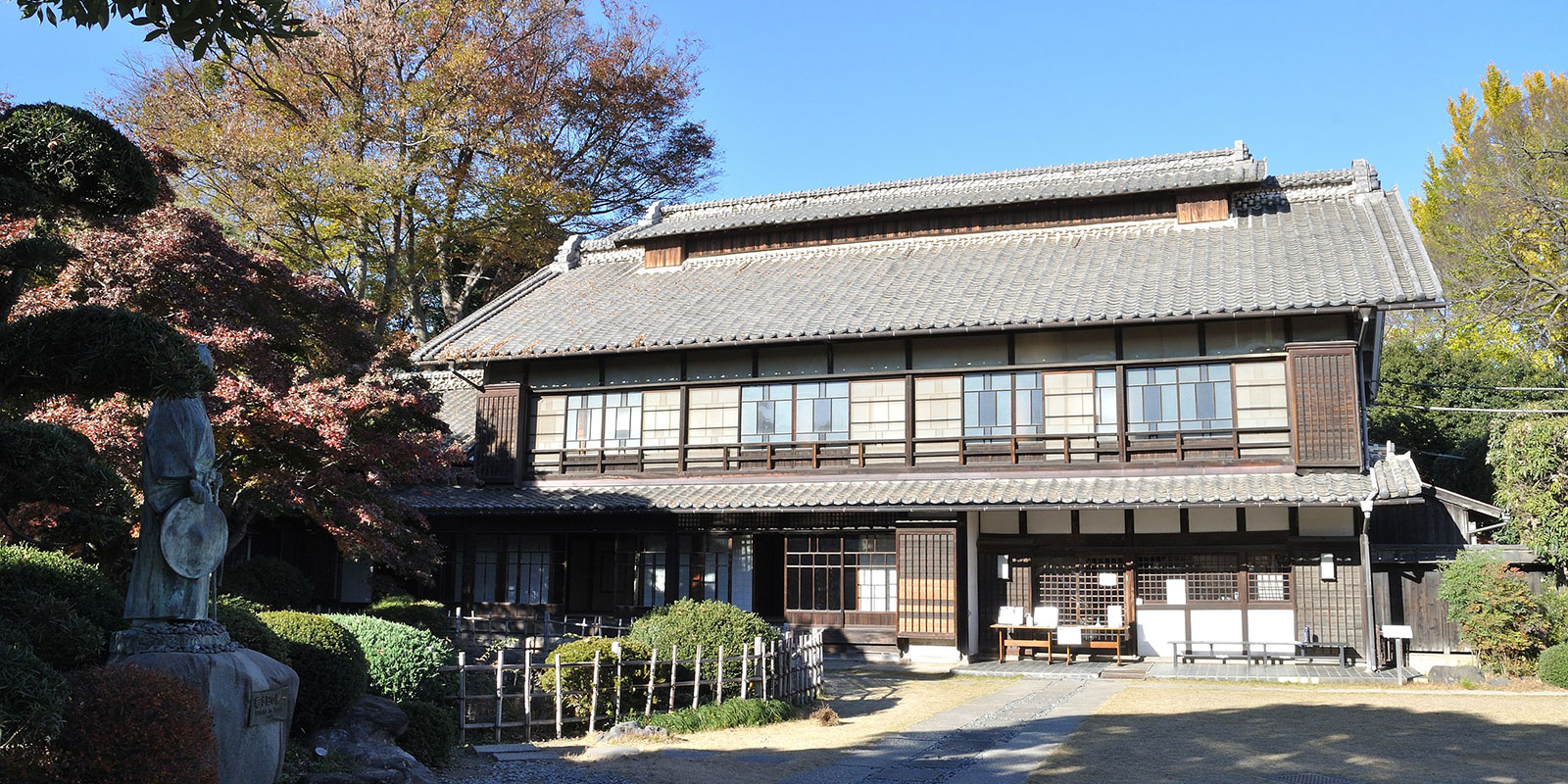The originator
Meet Shibusawa Eiichi – the man who was setting sustainable goals a century ago
The UN set its Sustainable Development Goals in 2015, but there’s nothing particularly new about the ideas behind its ambitious call to action. The ‘father of Japanese capitalism’, Shibusawa Eiichi, put many similar principles into practice more than 100 years ago.
A leading figure in the development of Japan’s economy, Shibusawa Eiichi (1840-1931) is widely regarded as the father of Japanese capitalism. In addition to introducing Western capitalism to Japan, he founded a number of prominent economic businesses and institutions including the Tokyo Chamber of Commerce and Industry, the Tokyo Stock Exchange and the First National Bank. Shibusawa was a member of the Meiji government and worked under the Ministry of Finance as a bureaucrat in various high-ranking positions before moving on to become the superintendent for the First National Bank – the first modern bank in Japan and the precursor to what is now known as Mizuho Bank. While in this role he helped run over 500 different commercial businesses including other banks and financial institutions.
But Shibusawa wasn’t only a visionary when it came to business and finance. He was also ahead of his time when it came to his desire for peace, prosperity and equality. Many of his social contributions are still considered relevant to today’s Sustainable Development Goals (SDGs) set by the United Nations General Assembly.
Shibusawa was involved with efforts such as ending poverty and aiding in the health and wellbeing of others
Although Shibusawa played an integral role in Japan’s industrial growth, he also made a number of social contributions, being involved in some 600 organizations revolving around social and public welfare. He was also associated with the establishment of medical institutions, schools, and universities, as well as charities.
In over 50 years as director of Tokyo Yoikuin, a welfare facility which supported orphans and the impoverished, Shibusawa was already involved with efforts such as ending poverty and aiding in the good health and wellbeing of others. Further social welfare involvement included Shibusawa’s contribution to the forerunner of the Japan Red Cross, known as Hakuaisha. Following the great Kanto Earthquake of 1923, he went on to run an organisation helping with relief and recovery efforts which aided in sustaining cities and communities, another of today’s SDGs.
He made a number of social contributions, being involved in some 600 organizations revolving around social and public welfare
 The birthplace of Shibusawa Eiichi | Ocdp | Wikicommons
The birthplace of Shibusawa Eiichi | Ocdp | Wikicommons
Shibusawa contributed much of his time to providing quality education, inadvertently focusing on another SDG, founding numerous schools and universities such as the prestigious Hitotsubashi University located in Kunitachi, Tokyo. Shibusawa was also active in promoting women’s education, with the foundation of Tokyo Jogakkan School for Women and Japan Women’s University, also based in Tokyo.
Strengthening global relationships is another factor that Shibusawa strived to achieve by introducing Japanese friendship dolls. The dolls were distributed to children as part of a goodwill program between Japan and the US to ease tensions in the 1920s.
While an accomplished industrialist, Shibusawa was first and foremost a philanthropist who believed in putting the public interest first. Along with his historical economic accomplishments, his humanitarianism and involvement with social issues are what he is still respected for to this day.